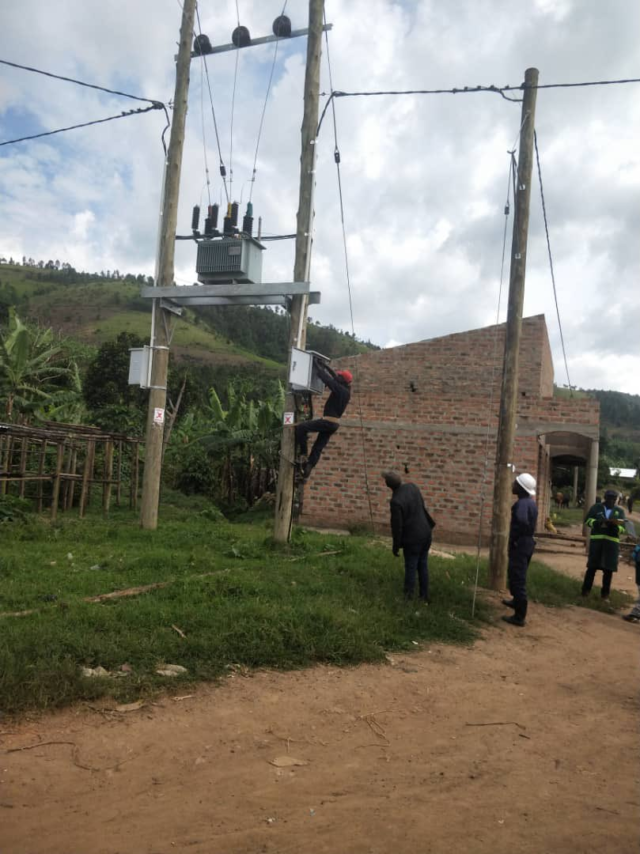
Parliament has instructed the Minister for Energy and Minerals Development, Hon. Ruth Nankabirwa to explain the fate of electricity transmission lines constructed in the past years that have not yet been powered.
The delayed connectivity, according to MPs, has become a contentious matter with the business community suffering losses,
“In Kyetume Parish, the leading tomato growing area in Mubende District, business is affected because of power crisis; an investor was interested in setting up a factory to preserve tomatoes but declined due to lack of electricity, and as a result tomatoes go bad,” said Hon. Ronald Kanyike (NUP, Bukoto East County) during the plenary sitting on Wednesday, 14 August 2024.
MPs said health facilities and manufacturers in various constituencies are suffering setbacks due to limited access to electricity accruing from delayed connections, cognisant of several projects commissioned to accelerate electricity access in Uganda.
Their concerns followed Nankabirwa’s statement on the status of electricity connectivity and ongoing related projects in the country, in a sitting chaired by Deputy Speaker Thomas Tayebwa.
Nankabirwa said whereas government obtained over US$212 million from Exim Bank of China to extend power to 287 sub-counties, only 210 sub-counties were connected.
Legislators are concerned that the loan was premised on lowering electricity tariffs, which remain high.
“The loan was hoped to bring down electricity tariffs as it would stimulate electricity consumption, I wonder what effect this project has had on tariffs,” Hon. Keefa Kiwanuka (NRM, Kiboga East County) said.
Similar sentiments were expressed for the World Bank loan worth US$628 million obtained to implement a five-year Electricity Access Scale-Up Project (EASP) that aims to connect at least one million users.
“The electricity tariffs are actually higher, they are high for my people in Kalangala district, we do not have power; it is on and off and the business community has been affected,” said Kalangala District Woman Representative, Helen Nakimuli.
It was noted that most of the electricity transmission lines constructed over years have been vandalized, a matter Nankabirwa said imposes financial burden on the ministry and is a major cause for power outages.
“The rampant vandalism of project materials mainly wires has severely compromised the functionality and reliability of constructed networks, leading to frequent power outages and increased repair costs,” Nankabirwa said.
Hon Christine Apolot (NRM, Kumi District) proposed that an additional budget be considered to connect all areas with un-powered transmission lines focusing on those constructed by the defunct Rural Electrification Agency (REA).
Tayebwa referred Nankabirwa’s statement to the Committee on Environment and Natural Resources for further scrutiny.
“Most of the questions were repetitive; structure your responses under common questions and respond generally to the country, considering the delayed projects, vandalism and compensation,” Tayebwa said.






